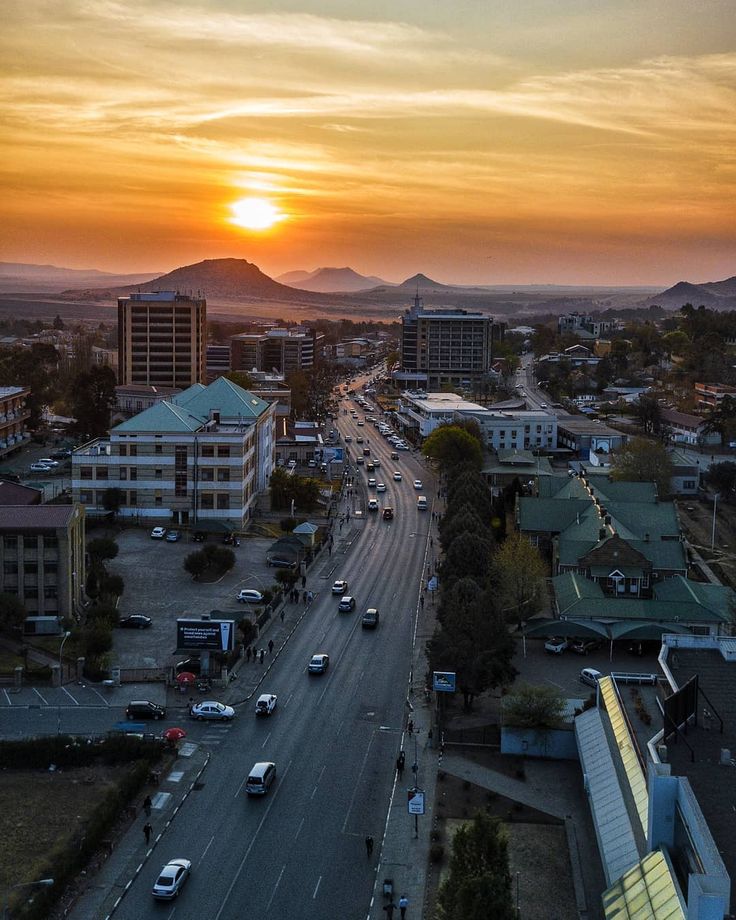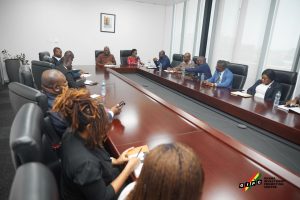Lesotho Grapples with Severe Economic Impact Following U.S. Tariff Hike
2 min read
The Kingdom of Lesotho, a small, landlocked nation in southern Africa, is facing significant economic challenges after the United States imposed a 50% tariff on its exports—the highest rate among targeted countries. This decision, part of a broader trade policy shift by President Donald Trump, threatens to destabilize Lesotho’s economy, which heavily relies on exports to the U.S.
Economic Dependence on U.S. Trade
Lesotho’s economy is deeply intertwined with the U.S. market, particularly through the African Growth and Opportunity Act (AGOA), which previously allowed duty-free access for certain goods. In 2024, Lesotho exported approximately $237 million worth of goods to the U.S., accounting for over 10% of its Gross Domestic Product (GDP). The textile and apparel sector, a cornerstone of Lesotho’s economy, employs around 30,000 workers—mainly women—and is now at risk due to the steep tariff increase.
Government and Industry Response
The abrupt imposition of the tariff has prompted swift action from Lesotho’s government. Trade Minister Mokhethi Shelile expressed shock and announced plans to dispatch a high-level delegation to Washington to seek clarification and potentially negotiate relief. Additionally, Lesotho aims to diversify its trade partnerships by exploring markets within the European Union and the African Continental Free Trade Area to mitigate the impact of the U.S. tariffs.
Humanitarian Concerns
The livelihoods of thousands are at stake. The garment industry, which produces clothing for major U.S. brands like Levi’s and Walmart, is particularly vulnerable. Workers in this sector fear job losses, which could reverse progress made in alleviating poverty and improving living standards. Economists warn that the tariff could “kill the textile and apparel sector in Lesotho,” exacerbating economic hardships in one of the world’s poorest countries.
International Trade Dynamics
This move by the U.S. reflects a broader strategy to address trade imbalances through the application of “reciprocal tariffs.” However, critics argue that such measures disproportionately affect smaller, developing nations that lack the economic resilience to absorb such shocks. The tariff formula has been described as unbalanced, penalizing countries that have limited capacity to retaliate or adapt swiftly.
Looking Ahead
As Lesotho navigates this challenging landscape, the international community watches closely. The situation underscores the complexities of global trade policies and their far-reaching consequences, particularly for vulnerable economies. Lesotho’s efforts to engage with U.S. officials and diversify its trade relations will be critical in determining its economic trajectory in the coming months.






